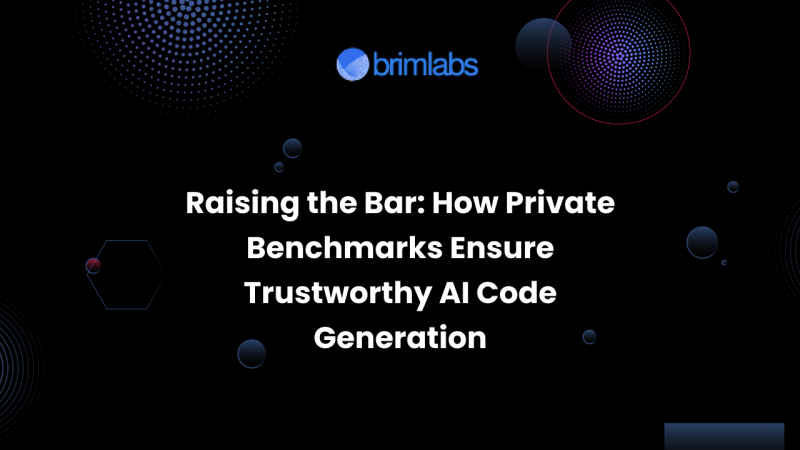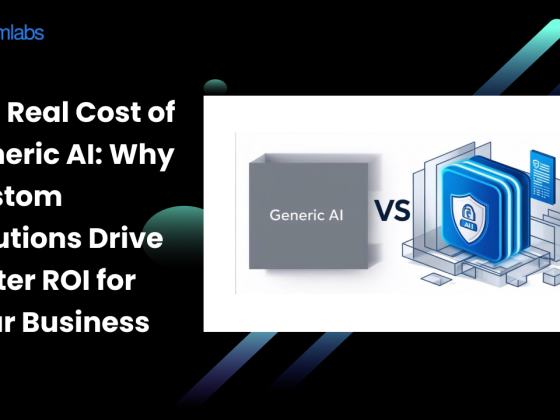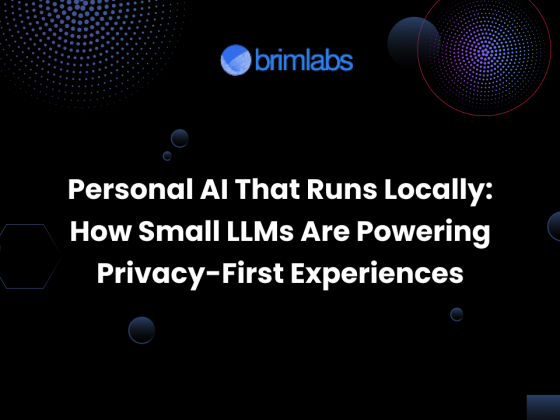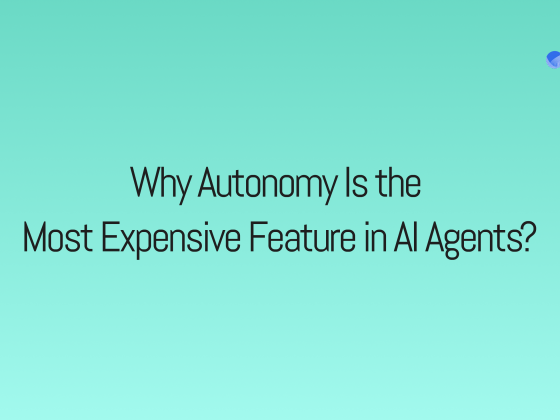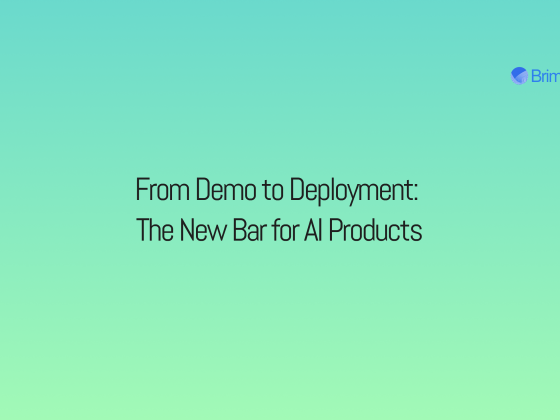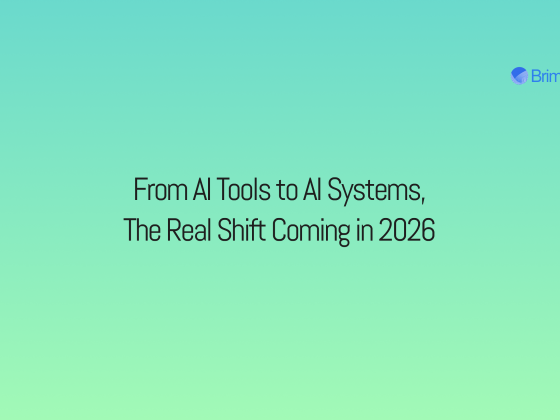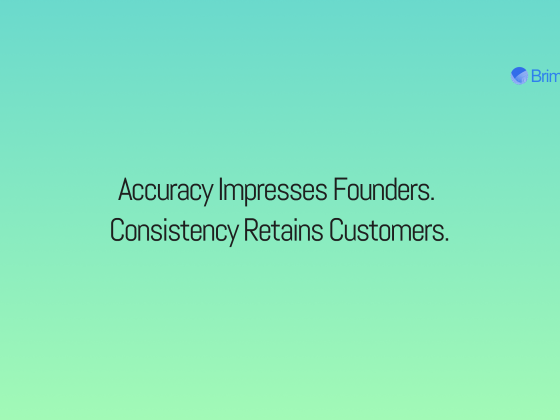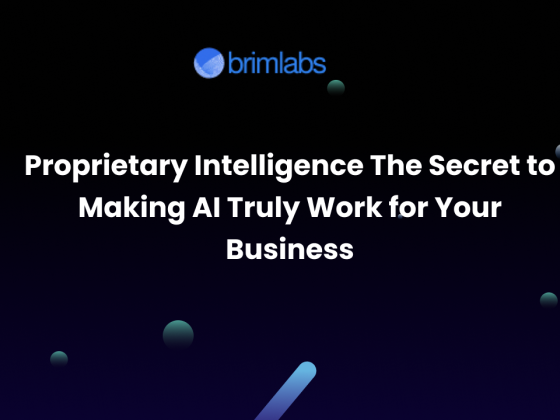The evolution of AI-driven code generation has sparked a new era in software development. From rapid prototyping to full-scale deployment, technologies like GPT-4, Codex, and other LLMs are revolutionizing productivity and innovation. However, as businesses increasingly adopt AI to streamline critical software projects, the demand for reliable, trustworthy code generation becomes more crucial.
While providing a glimpse into AI capabilities, public benchmarks often fall short in representing real-world scenarios that enterprises face. This is where private benchmarks come into play, tailored, domain-specific testing environments that mimic the actual conditions under which the code will operate. In this article, we explore why private benchmarks are not just valuable but essential for trustworthy AI code generation.
Why Public Benchmarks Aren’t Enough
Public benchmarks like HumanEval, MBPP, and others are widely used to assess the performance of AI models in code generation. While useful for measuring baseline capabilities, they have notable limitations:
- Generic and Broad-Based: These benchmarks prioritize wide applicability over domain-specific accuracy, making them less effective for targeted industries.
- Outdated Test Scenarios: Many public datasets do not reflect the latest technology stacks or evolving software architectures.
- Limited Real-World Complexity: Public benchmarks often exclude deeply nested logic, complex data structures, and multi-threaded operations typical in enterprise-grade applications.
Relying solely on public benchmarks can result in AI-generated code that passes in theory but fails in practice. This gap highlights the importance of private benchmarks.
The Case for Private Benchmarks
Private benchmarks are uniquely designed to reflect the challenges and environments specific to a business. For example, a FinTech firm may prioritize real-time data processing and API security, while an e-commerce platform might focus on scalability and multi-regional synchronization. The benefits of private benchmarks include:
- Domain-Specific Testing: Tailored benchmarks validate code against industry-specific requirements, including GDPR, HIPAA, or SOC 2 standards.
- Realistic Scenarios: These benchmarks replicate actual production environments, ensuring that AI-generated code is deployment-ready.
- Continuous Optimization: Unlike public benchmarks, private ones evolve alongside the application, offering ongoing validation as features are added.
- Enhanced Security Measures: Testing within a private, controlled environment reduces exposure risks associated with proprietary algorithms and business logic.
Real-World Examples of Private Benchmarking
To understand the impact of private benchmarks, consider these real-world applications:
- Stripe’s Financial API Testing: Stripe leverages private benchmarks to simulate high-traffic scenarios and multi-currency transactions. This allows their API to be robust under fluctuating transaction volumes, ensuring seamless experiences for global users.
- Netflix Microservices Architecture: Netflix uses private benchmarks to test its distributed microservices under extreme loads. These benchmarks help identify bottlenecks and optimize code for smooth streaming, even during global events like new season launches.
- Tesla’s Autonomous Driving Models: Tesla runs private benchmarks for its self-driving models to ensure real-time decision-making under different weather and road conditions. These private tests are crucial for handling unexpected edge cases, enhancing safety and reliability.
Building Trust with Private Benchmarks
For AI-generated code to be truly trustworthy, it must perform reliably across all conditions, not just in sandboxed test environments. Private benchmarks enable:
- Edge Case Handling: Identifying vulnerabilities and edge cases that standard tests might miss.
- Stress Testing: Simulating high-traffic loads to evaluate scalability and resilience.
- Compliance Validation: Ensuring the code adheres to industry regulations without compromising performance.
Brim Labs: Leading the Way in Trustworthy AI Code Generation
At Brim Labs, we understand the importance of private benchmarks in delivering AI solutions that are not only innovative but also robust and secure. Our development process integrates rigorous, domain-specific benchmarks to validate each aspect of AI-generated code before deployment. This commitment guarantees that our clients receive solutions that are both high-performing and secure.
Through strategic implementation of private benchmarks, Brim Labs is setting the standard for real-world-ready AI code generation across FinTech, HealthTech, E-commerce, and beyond.
Conclusion
As AI-driven code generation reshapes the software landscape, private benchmarks are becoming the bedrock of trust and reliability. They bridge the gap between theoretical capabilities and real-world deployment, ensuring that AI not only accelerates development but does so with precision, security, and compliance.
Discover how Brim Labs leverages private benchmarks to deliver next-gen AI code generation at Brim Labs.

